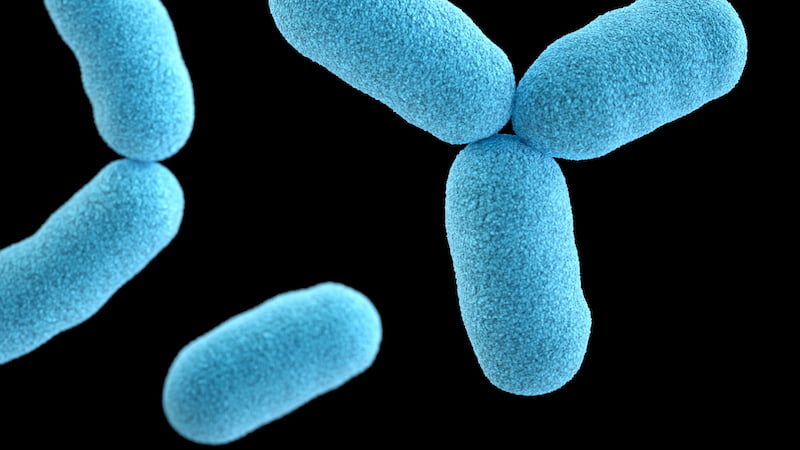
Researchers from Australia have further developed an enzyme from bacteria that produces energy from the surrounding air. So an air battery seems within the realm of possibility.
From which sources will we generate energy in the future? Wind and water power as well as solar systems should now be considered fairly safe. But scientists are researching new, innovative energy sources in various areas. One area that often serves as a source of inspiration is nature.
Researchers from Australia have now found a way to convert air into energy. To do this, they made use of the properties of the bacterium “Mycobacterium smegmatis”. In many cases, bacteria need water from their ambient air in order to grow and survive.
Air Battery: Enzyme converts hydrogen from air into energy
Until now, it was completely unknown how the process behind it works. But Professor Chris Greening didn’t let that sit. He and his team discovered an enzyme developed by bacteria, the structure of which they could adapt to their liking using electron microscopes.
The result: The modified version was stable and also worked under sometimes extreme conditions. Initial experiments also showed how the enzyme absorbed the hydrogen in the ambient air and generated energy. Even in areas with low humidity, the scientists were able to prove that the enzyme generates small amounts of energy.
Air as an energy carrier?
Based on the results, the team concludes that the bacteria with the enzyme produced enable a natural battery. It will, however, take some time before it is widely used. But if further development is successful, devices with air batteries could one day no longer be a rarity.
Bacteria only produce energy on a small scale. Still, that might be enough to power small LEDs or sensors. In a world where more and more such devices are used to measure certain things, a new sustainable energy carrier could develop.
Also interesting:
Source: https://www.basicthinking.de/blog/2023/03/20/luftbatterie/


